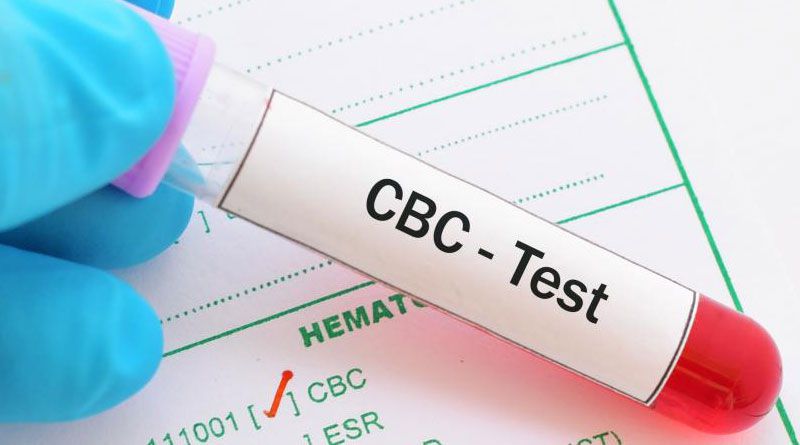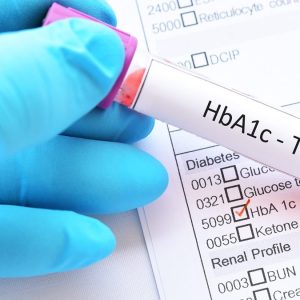Description
CBC stands for Complete Blood Count. It is a common blood test that provides information about the cells in your blood. A CBC measures different components of your blood, including:
- Red Blood Cells (RBCs): These cells carry oxygen from the lungs to the rest of the body and help transport carbon dioxide back to the lungs for removal.
- White Blood Cells (WBCs): These cells are a crucial part of the immune system and help the body fight infections.
- Platelets: These are small cell fragments that play a crucial role in blood clotting. They help prevent excessive bleeding when you are injured.
- Hemoglobin: This is a protein in red blood cells that carries oxygen from the lungs to the rest of the body.
- Hematocrit: This is the ratio of the volume of red blood cells to the total volume of blood. It is expressed as a percentage.
A CBC is a routine blood test and may be ordered for various reasons, such as part of a general health checkup, to help diagnose certain medical conditions, or to monitor the effectiveness of treatments. The results of a CBC can provide important information about your overall health and help healthcare providers identify potential issues such as anemia, infection, or disorders of the immune system.





